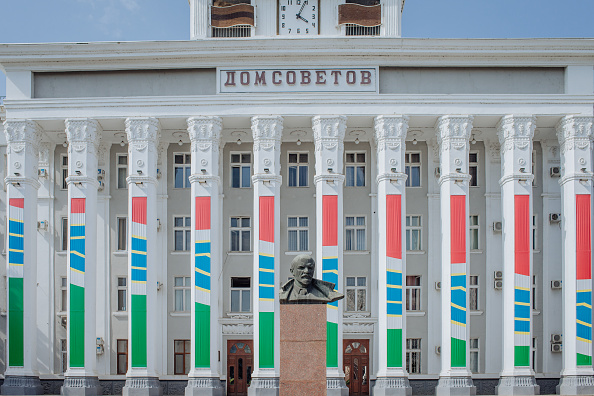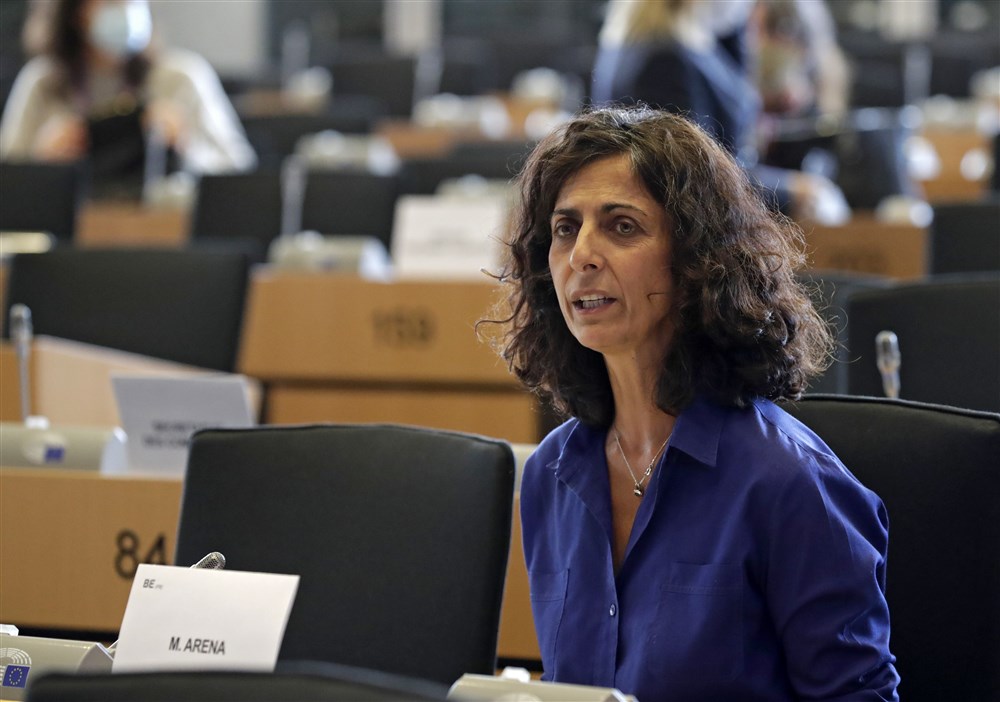The German philosopher Friedrich Nietzsche distinguished between three kinds of history: The monumental, the antiquarian, and the critical. Generally speaking, it is never a good sign for a civilization if one has to start referring to Nietzsche in one’s analysis, yet here we are.
It is no coincidence that he wrote a book titled On the Uses and Disadvantages of History for Life, for he understood very well that the way we view our past ultimately determines our future.
The purpose of monumental history is to look for heroes or role models in the past, allowing a society to find both calling and inspiration in its traditions. This is the reason why in the 19th century the United Kingdom memorialised its military victories in London by naming landmarks Trafalgar Square and Waterloo Station.
Even in a place as far away as Australia you still find spaces named Crimea Street, Balaclava Road, Inkerman Road, and Sebastopol Street, ensuring that people are reminded of the heroism of its soldiers during the Crimean War between 1853 and 1856.
To the supposedly enlightened Western liberal mind this would seem ridiculous, which is why there are no places named after anything that happened after World War II. One can easily imagine the headlines in The Guardian or the New York Times if a politician would suggest a metro stop be named “Kandahar Station” or a street “Fallujah Road.” After all, they would argue, is there truly such a thing as a hero?
If you do not believe me, look no further than the bicentennial of the Battle of Trafalgar in 2005:
“They decided to stage the re-enactment not as a battle between Britain and the French and Spanish navies, […] but instead between the Red Team and the Blue Team. And just to be on the safe side the commemorative booklet referred not to “the Battle of Trafalgar” but only to “an early 19th-century sea battle.”
Blue teams and red teams, but otherwise we are all the same. That sometimes history was tethering on the edge of being dominated by the bad guys is something we believed in the past, but certainly today things are more – what is the word – complex. For now we still allow the statues reminding us of the past to remain, but one wonders for how long. Maybe soon Trafalgar Square will be renamed into “Blue Team Square”, ensuring that no one’s sensitivities are hurt.
Historical monuments are at best what Nietzsche defined as antiquarian history: A faint memory of things that once were, a comforting feeling and a fleeting recollection of where one came from – but lacking any kind of true inspiration.
It is like celebrating Christmas in a thoroughly secularised country: We enjoy the tradition and the joy it provides, but it has no longer any higher meaning that transcends our daily existence. Which is one reason why “Merry Christmas” is seamlessly morphing into “Happy Holidays”, gradually eradicating the historical underpinnings of what we are celebrating.
And so it sets the stage for Nietzsche’s third kind of history, which is critical history. Once you no longer find inspiration in your past, all that is left is either ignoring or hating it. As Nietzsche writes, the critical historian “must have the strength to break up and dissolve a part of the past” by “scrupulously examining it and finally condemning it”.
This is the age in which we live now: From the 1619 project to attempts to remove statues of Winston Churchill, nothing can withstand the awe of the critical mind.
Yet, as Nietzsche told us, the critical historian can only destroy but cannot create. Once we took down all the monuments to the past and cleansed all schoolbooks of any reference that could even hint at a trace of greatness in our past, what is going to be left? Can a society survive without any source of inspiration, or will its members simply look for it elsewhere?
I believe the recent months and weeks gave us the answer: Huge numbers of immigrants in Western cities have shown that they have no interest in assimilating into a culture that has nothing to offer but self-doubt and guilt, and rather return to the belief system of the countries they came from. Whatever one thinks of contemporary Islam, a lack of confidence is not one of its problems.
And the non-immigrant youth is finding its own new faith in the apocalyptic vision of the climate cult or an ever-inflating menu of “gender identities”. Over 51 per cent of Gen Z believes that there are more than two genders, verifying yet another one of Nietzsche’s ideas: Identity and the will to believe is more important than truth, at least when it comes to its social consequences.
If traditional sources of inspiration are exhausted, people will hunger for new ones: It is no coincidence that some of the most popular contemporary role models like Andrew Tate or Greta Thunberg share nothing in common – except their rejection of contemporary Western culture.
It is one thing for a civilization to stand on feet of clay, but quite another to have no legs to stand on at all. This, however, seems to be where things are headed: A culture that no longer believes in itself will sooner or later be replaced by one that does.






Europe’s capital needs media to challenge the status quo: That’s why Brussels Signal is launching